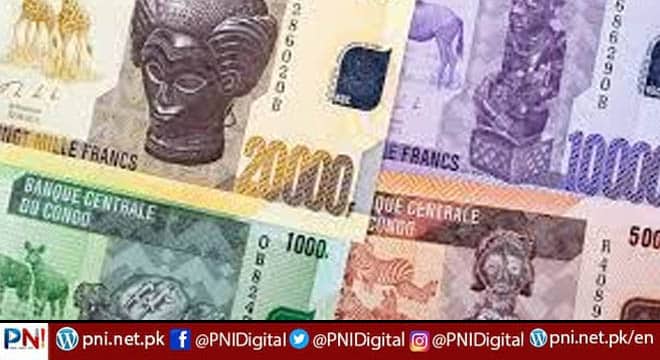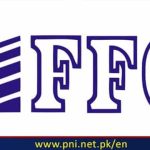Kinshasa, Oct 14 (AFP/APP):The Democratic Republic of Congo has the reputation for being one of the world’s most graft-prone countries, ranking 170th out of 180 nations in Transparency International’s 2020 Corruption Perception Index.
But the DRC’s recently appointed chief inspector of finance, Jules Alingete Key, says the situation is changing.
Hundreds of millions of dollars have been netted in an anti-corruption drive sparked by an overhaul of his team and a recruitment drive, he told AFP in an interview.
President Felix Tshisekedi, who made the fight against corruption a keystone of his 2019 election campaign, appointed Alingete, 58, head of the General Financial Inspectorate (IGF) in July last year.
“We (found we) had to deal with people who are born into corruption, who grow up immersed in corruption and who consider that corruption and embezzlement are normal,” Alingete said.
“The evil ran very deep and very high. We opted to take a tough line… and our methods have had tangible results,” he added.
Before, IGF inspectors would go for “small fry”, but they now focus on a much wider field, “from simple accountants to managers of public companies and all people who handle public money, including members of government,” Alingete said.
– Income rise –
In 2020, government income was less than $400 million on average per month, he said.
A crackdown on false claims for tax exemptions began in August 2020, and from March 2021 revenue rose to at least $500 million per month and has sometimes reached $900 million, he said.
Other scams uncovered by the reformed IGF, he said, were overbilling, backdated commissions, illegal transfer of funds and fake documents.
“The most spectacular thefts that we have recorded have been the work of peple who are highly placed in state enterprises, in government,” he said.
“This area, by the way, is where we have been concentrating most of our efforts. With lower-level officials, it’s $100,000 or $200,000 which is siphoned off, but the higher up you go, it’s millions of dollars.”
At first, help from prosecutors “was difficult,” but “when the facts are there, the justice system gets involved. There have been many trials and sentences handed down to senior officials,” Key said.
High-profile figures targeted by IGF investigations include Governor Atou Matubuana of Kongo Central province.
He was accused in August of “diverting” 17.4 billion Congolese francs ($8.7 million) in government expenditures last year — spending that his office said was a traditionally accepted benefit for governors.
– Murky reputation –
Despite these cases, transparency in the DRC remains a major problem.
Last month, an NGO called the Congo Research Group complained of an array of flaws in the DRC’s handling of funds to tackle the coronavirus pandemic.
Out of $363 million the International Monetary Fund (IMF) allocated to the DRC to fight the pandemic, “the government has only been able to publish around 40 documents on the health ministry’s website justifying the use of just $6 million,” it said.
Separately, Human Rights Watch has also called on the government to investigate allegations that humanitarian aid for victims of a volcanic eruption in eastern DRC had been misappropriated by the foundation of Denise Nyakeru Tshisekedi, the president’s wife.
Alingete said that his unit was still overcoming problems with staff numbers, and this for now limited its investigative scope.
When he took over, the IGF had “at the most” 80 inspectors, nearly half of whom were of retirement age, he said.
“Today, we are increasing our capacity to intervene, and will reach cruising altitude in 2022. We will soon have 200 inspectors.”
Follow the PNI Facebook page for the latest news and updates.









